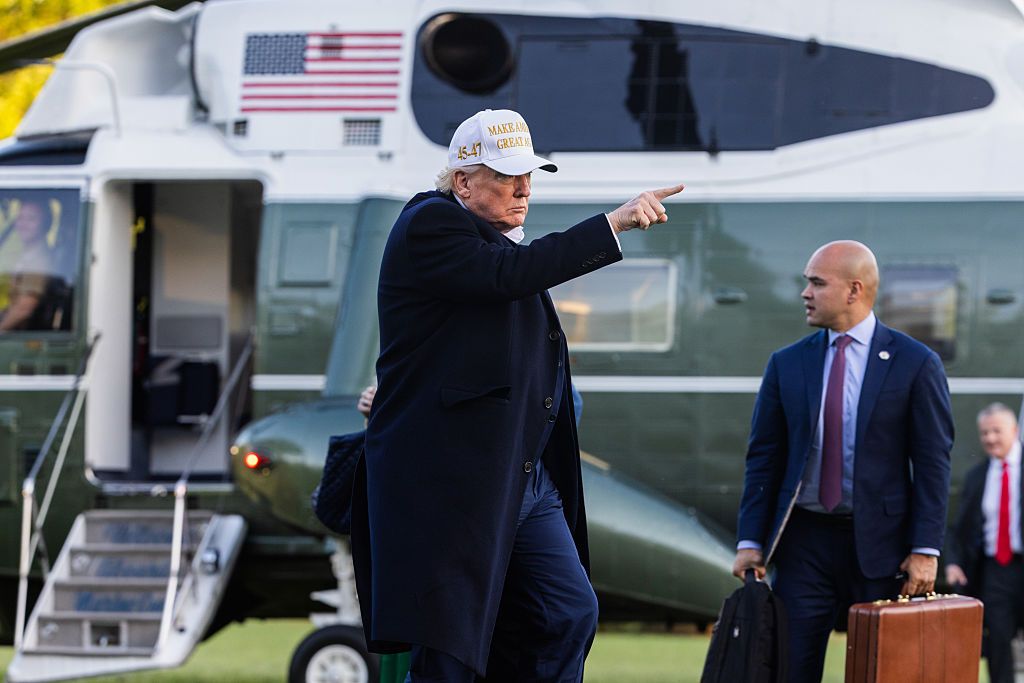Putin announces 3-day truce on Victory Day's 80th anniversary

Editor's note: The article was updated with reactions by Ukrainian and U.S. officials.
Russian President Vladimir Putin announced a so-called "humanitarian" truce in the war against Ukraine to mark the 80th anniversary of the end of World War II in Europe, the Kremlin said on April 28.
The ceasefire will be in effect from midnight on May 8 until midnight on May 11, according to the Kremlin's statement. "During this period, all military actions will cease. Russia believes that the Ukrainian side should follow this example," the statement read.
The announcement comes as Moscow continues to reject Kyiv's demand for a full and unconditional ceasefire as the first step toward a broader peace deal.
U.S. President Donald Trump has intensified his push for a ceasefire in Ukraine, urging Putin to "sit down and sign a deal." U.S. officials have previously threatened to walk away from the peace efforts unless progress is reached soon.
The Kremlin claimed that Russia remains ready for "peace negotiations with Ukraine without preconditions" and expressed willingness for "constructive engagement" with international partners.
Russia celebrates the end of World War II in Europe on May 9, marking the occasion with pompous military parades. Most other European nations, including Ukraine, mark May 8 as Victory in Europe Day.
Andrii Kovalenko, an official at Ukraine's National Security and Defense Council, questioned why Moscow does not instead declare a "full and comprehensive ceasefire."
"Anything that is not a comprehensive ceasefire is Russian manipulation for informational and military purposes, an attempt to hide its intent to continue the war," Kovalenko said after Putin's announcement.
White House Press Secretary Karoline Leavitt reacted to Putin's announcement, highlighting that Trump seeks a permanent ceasefire.
"I understand that Vladimir Putin offered a temporary ceasefire this morning. (President Trump) has made it clear he wants to see a permanent ceasefire first to stop the killing, stop the bloodshed. And while he remains optimistic he can strike a deal, he's also being realistic as well," Leavitt said.
"Both leaders need to come to the table to negotiate their way out. And I think that the president's meeting with President Zelensky (on April 26) shows that he is exuding a lot of effort and time into this because he wants to be a peacemaker president, which he was in his first term. He intends to do that again," she added.
The Victory Day ceasefire is the latest in a series of truce initiatives announced by Moscow, which it has itself repeatedly violated.
President Volodymyr Zelensky slammed Putin's ceasefire proposal as "another attempt at manipulation."
"We value human lives, not parades. That’s why we believe — and the world believes — that there is no reason to wait until May 8," Zelensky said on April 28.
"The ceasefire should not be just for a few days, only to return to killing afterward. It must be immediate, full, and unconditional — for at least 30 days to ensure it is secure and guaranteed," Zelensky said, reiterating his calls for a full ceasefire.
Earlier this month, Russia declared a ceasefire over the Easter holiday, though Zelensky accused Moscow of nearly 3,000 violations between April 19 and April 21. Ukraine has also said that Russian forces repeatedly breached a partial truce on attacks against energy facilities brokered on March 25.
Russia has repeatedly proclaimed its supposed readiness for peace talks while simultaneously pushing for maximalist demands. Kyiv has dismissed these declarations as a propaganda stunt, noting that Russian forces have only intensified their attacks on Ukrainian cities and towns.













